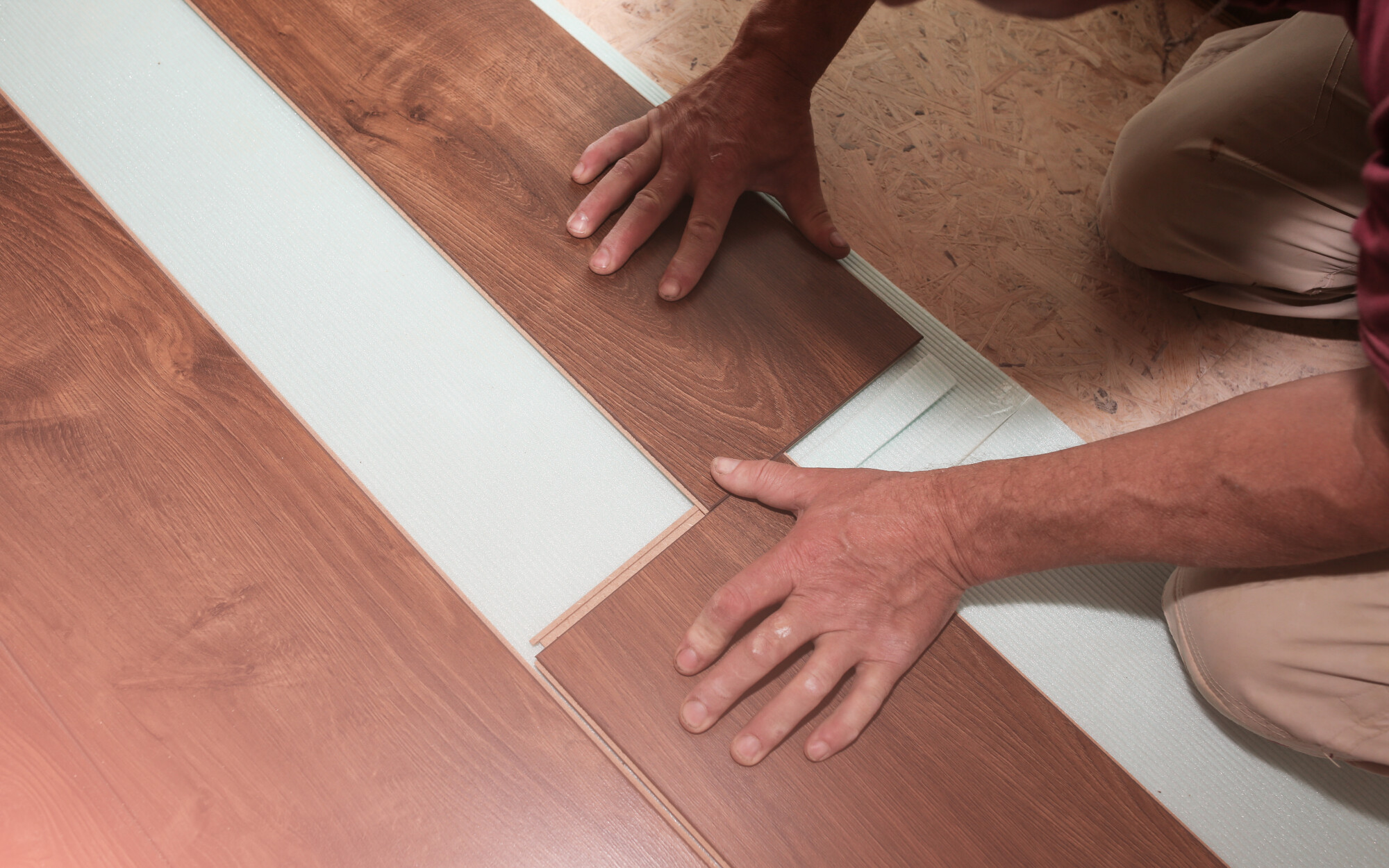 Did you know that engineered hardwood floors are continuing to gain popularity among American homeowners due to their low maintenance appeal?
Did you know that engineered hardwood floors are continuing to gain popularity among American homeowners due to their low maintenance appeal?
Replacing your floor can be a huge undertaking, and you must understand your options. If you’re considering engineered hardwood for your home, your first step is to learn more about this type of flooring and its benefits.
Keep reading this guide to learn more about engineered hardwood flooring!
What Is Engineered Hardwood Flooring?
Engineered hardwood flooring is made by binding pieces of scrap wood, real wood, and shredded wood fibers or sawdust. Adhesive glue binds the layers of wood together.
The top layer of an engineered wood floor is typically made from high-quality hardwood, and veneer coats these layers for added protection.
The floorboards tend to be wider, and the edges are beveled to create a groove.
Benefits of Engineered Hardwood Flooring
First, you can find engineered hardwood floors in various colors and finishes. You’ll also find many contemporary and classic styles. This makes it easy to achieve the look you want for your home.
Other benefits include:
Affordable and Sustainable
Since engineered hardwood only has a layer of solid wood on top of quality plywood, you’ll pay much less than you would for real hardwood floors. You can find many websites that offer cheap flooring in various styles.
In addition, having less solid timber means engineered hardwood uses fewer natural resources, making it a more sustainable option.
Highly Durable
Engineered hardwood planks have multiple layers of plywood bonded together. Due to this unique construction, they can withstand heavy traffic in your home.
They don’t expand and contract when exposed to environmental factors as solid hardwood floors can. This makes them an excellent option for bathrooms, kitchens, or basements.
Less Maintenance
Engineered hardwood is easy to maintain. All you need to do is sweep and mop regularly to keep dust and dirt from accumulating.
You can also easily find cleaning products in the store that are designed especially for engineered wood floors.
On the other hand, hardwood floors require much more maintenance. You’ll need to be careful with products since they can damage the surface. They also need refinishing every few years.
Easy Installation
When it comes to new flooring, the installation process is the part many people dread the most. In fact, most people choose engineered hardwood due to the easy installation process.
While there are different installation methods, the most common method is floating floor installation. This process involves inserting a plank’s tongue into another plank’s groove. Once in place, they lock together.
You’ll typically only need a tile cutter, floor transitions, and moldings. Some engineered flooring requires tongue and groove glue. However, nowadays, many types of engineered flooring don’t require glue for installation.
Buying Engineered Hardwood for Your Home
Now that you know more about engineered hardwood, you’ll better be able to decide if it’s the right choice for your home.
Do research to learn more about the different types of flooring available and compare costs before making a decision.
Be sure to check out the rest of our blog to learn more helpful home and garden tips!
Leave a Reply